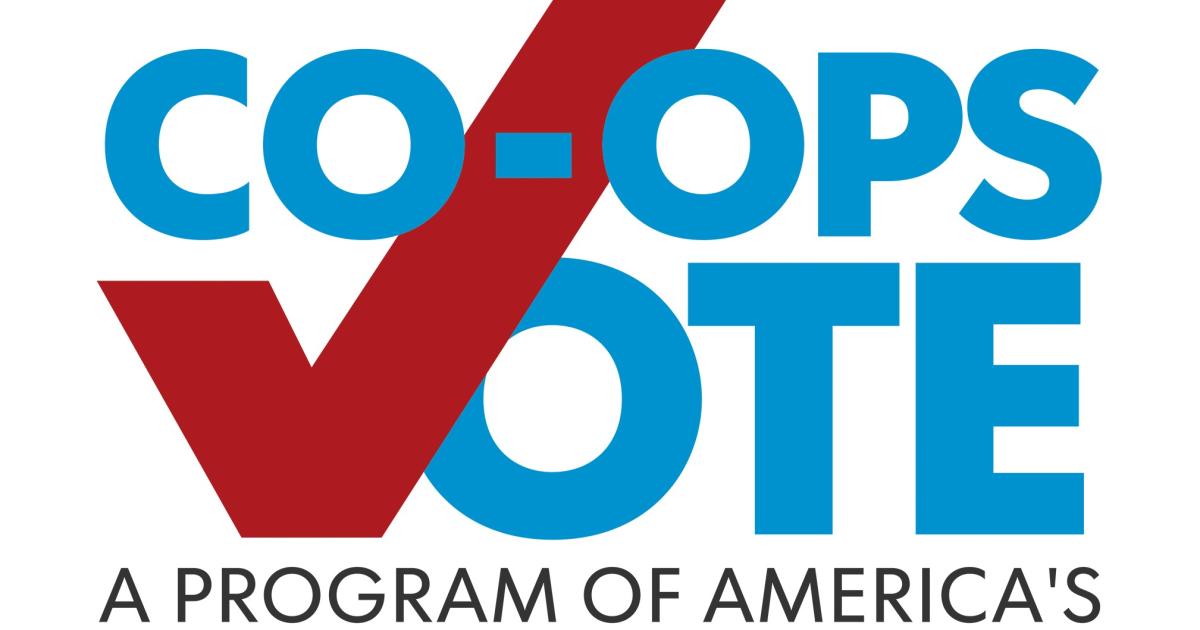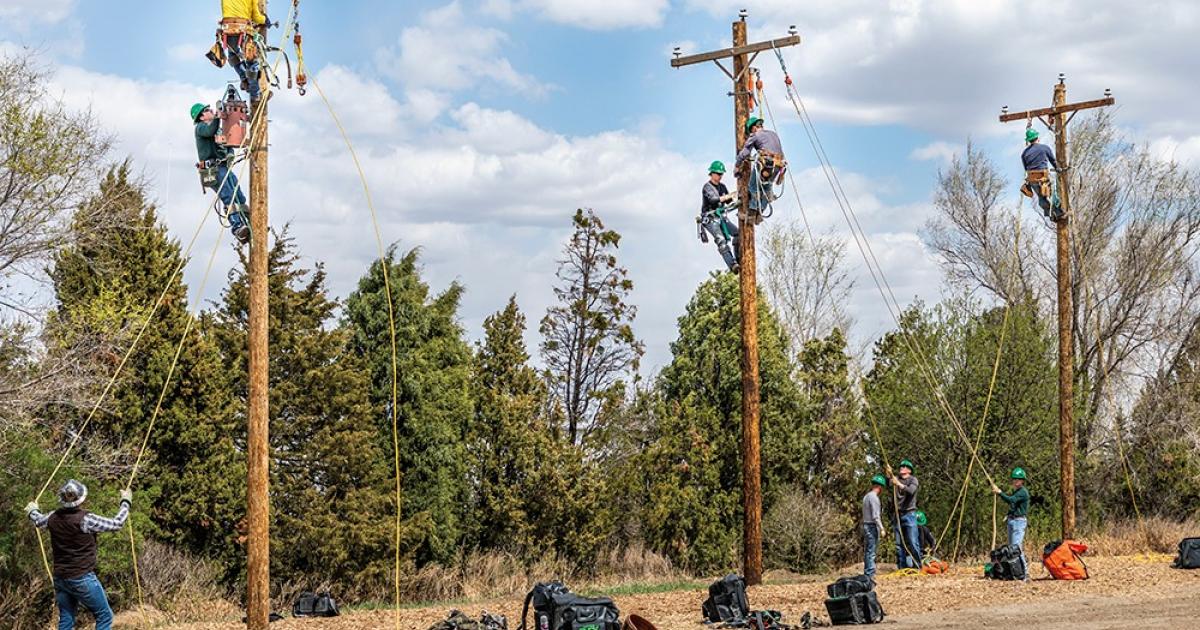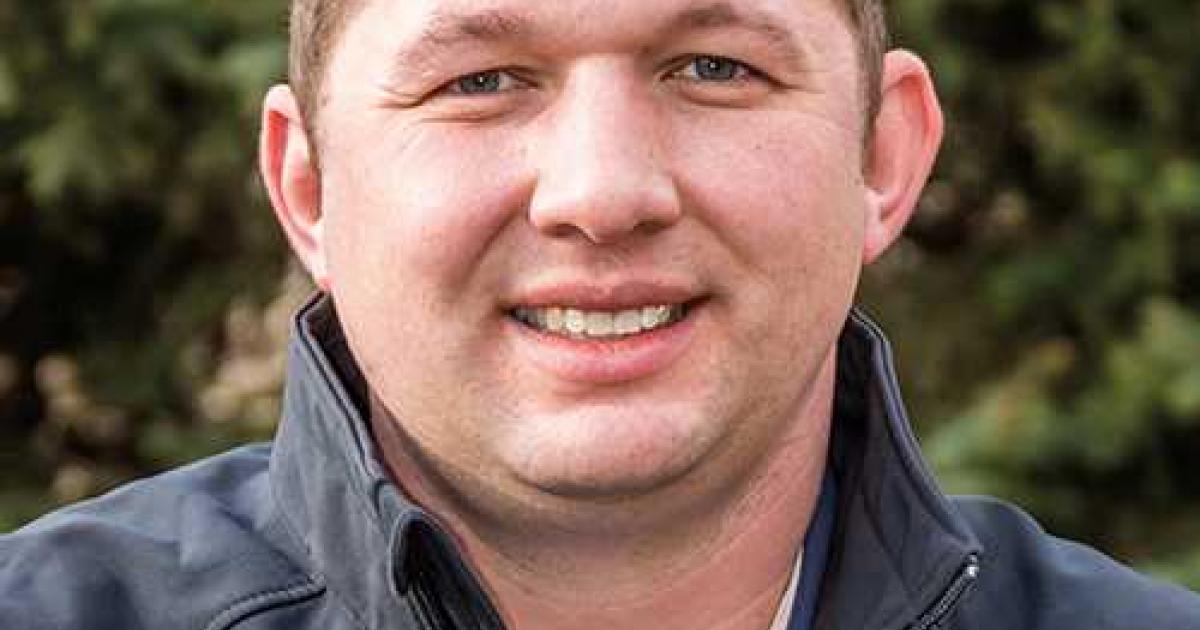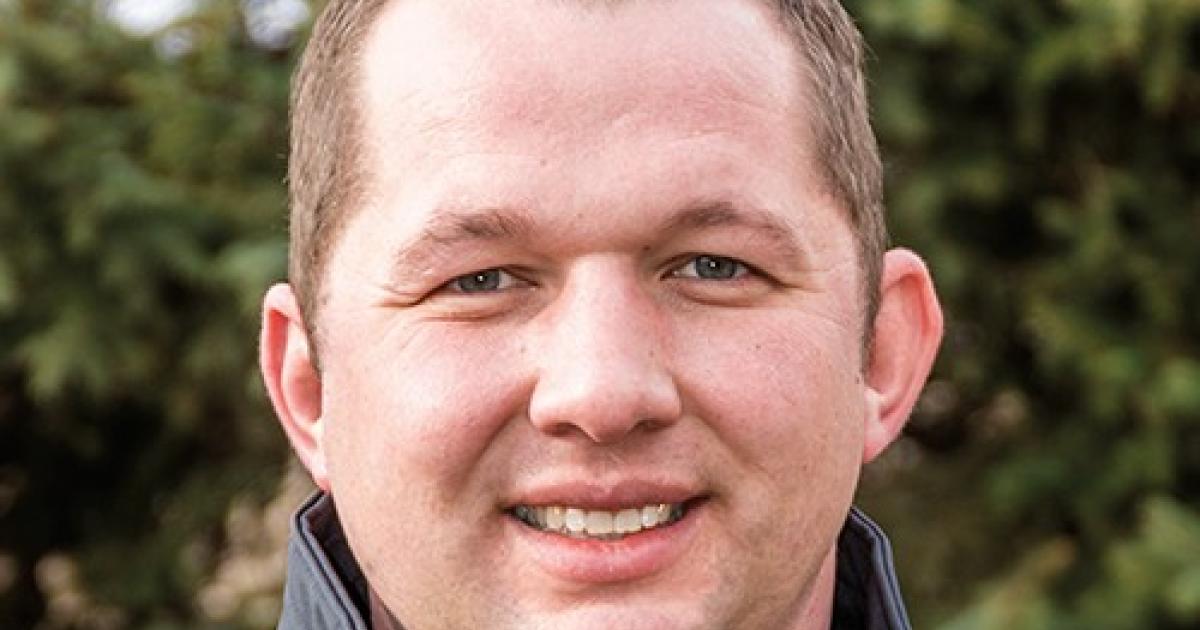As member-owned electric cooperatives, voting is already in our DNA. It’s how we maintain an electric utility that is responsive to the consumers it serves. Voting also plays a crucial part in our representative democracy.
In 2016, rural America saw 500,000 more rural voters go to the polls than in 2012. This year, electric cooperatives have the opportunity to play a vital role in encouraging rural voter turnout and engaging on issues that matter most to our communities.
North Dakota’s electric cooperatives, through their statewide association, the North Dakota Association of Rural Electric Cooperatives, participates in the Co-ops Vote program, a nonpartisan project of America’s Electric Cooperatives. Co-ops Vote seeks to boost voter turnout and civic engagement, develop relationships with candidates and elected officials, inform members of key issues facing electric cooperatives, and ensure that rural issues are heard everywhere, from local councils all the way to the U.S. Capitol.
Collectively, electric co-op members can be a loud, powerful voice for rural America and have a major impact on national discussions.
What follows is a brief summary of issues that affect North Dakota’s electric cooperatives and explanation of where co-ops stand. With the exception of COVID-19 related policies, these viewpoints have been crafted through the years by a democratically controlled resolutions process and by democratically elected boards of co-op members. North Dakota’s electric cooperatives do not endorse or recommend any candidates for election.
While the Public Service Commission has the responsibility of regulating rates, terms and conditions of retail electric service provided by investor-owned utilities (IOUs), the PSC does not have jurisdiction over electric cooperatives, which are governed by democratically elected boards of directors. Directors are elected from and by the co-op membership to represent the interests of members and oversee the business and affairs of the cooperative, as allowed within law. The board is responsible for guiding the financial activities to fulfill the cooperative’s mission, while best protecting the cooperative and interests of all members.
As member-owned organizations, we oppose any attempts to place North Dakota electric cooperatives under PSC rate and service jurisdiction. PSC regulation would duplicate the oversight already provided by democratically elected co-op boards of directors, impose unnecessary regulatory compliance costs on co-ops, and undermine local consumer control of co-op rates and service.
The PSC should continue to be the watchdog for consumers who get their power from for-profit stock companies or other sources in which the consumer is not a member-owner.
The COVID-19 pandemic has proven how connected we are – when our member-consumers hurt, our communities and cooperatives hurt. The impacts of the coronavirus pandemic have been felt across all sectors and areas, including rural America, and pose a significant threat to the overall well-being of the communities served by electric cooperatives. The economic effects experienced by members on all levels – residential, farm or ranch, commercial and industrial – is tied to the financial condition of the cooperative.
We support COVID-19 relief efforts and programs that provide assistance to our members, communities and cooperatives, such as:
• Low Income Home Energy Assistance Program,
• Paycheck Protection Program,
• Federal Emergency Management Agency Disaster Relief Fund,
• Refinancing and restructuring of debt through Rural Utilities Service,
• Efforts to address electric cooperative load loss, nonpayment and electrical infrastructure upgrades and improvements.
Electric cooperatives play a vital role in community and economic development in their service territories. Properly implemented, the community and economic development tools provided for in federal legislation, like the farm bill, can provide much-needed capital for local and regional projects. With a commitment to the future of rural America, we urge the continuation of and adequate funding for vital United States Department of Agriculture Rural Development programs that provide technical and financial assistance aimed at improving the living and economic conditions in rural America.
Through the Rural Electric and Telecommunications Development Center and the Rural Development Finance Corporation, the North Dakota Association of Rural Electric Cooperatives and all of North Dakota’s electric and telecommunications cooperatives, we support communities in their efforts to improve rural quality-of-life through various systems, including health care, food access, telecommunications and broadband, housing, transportation, infrastructure, essential services and workforce training and development.
A prosperous American economy requires a dependable, adequate, affordable, diverse and domestic supply of energy. We must promote domestic energy, using an all-of-the-above strategy, with the goal of energy independence. We also support environmentally friendly programs and policies which promote energy security, including comprehensive planning, research and development of new energy technologies, carbon capture, utilization and storage, renewable energy, energy efficiency tools and conservation. We urge federal agencies to accomplish their missions in a way that provides adequate timelines and reasonable regulatory certainty before imposing mandates.
Abundant in North Dakota, coal accounts for a significant portion of baseload electrical power generation in North Dakota and the United States, and has provided cooperative customers stable, cost-effective power. To provide affordable energy in the future, our national energy policy must include a path forward for coal as a necessary source of domestic energy.
We also support expanded research and greater development of renewable energy resources, such as hydropower, wind, water, solar, biomass, biofuels, recycled energy and geothermal.










